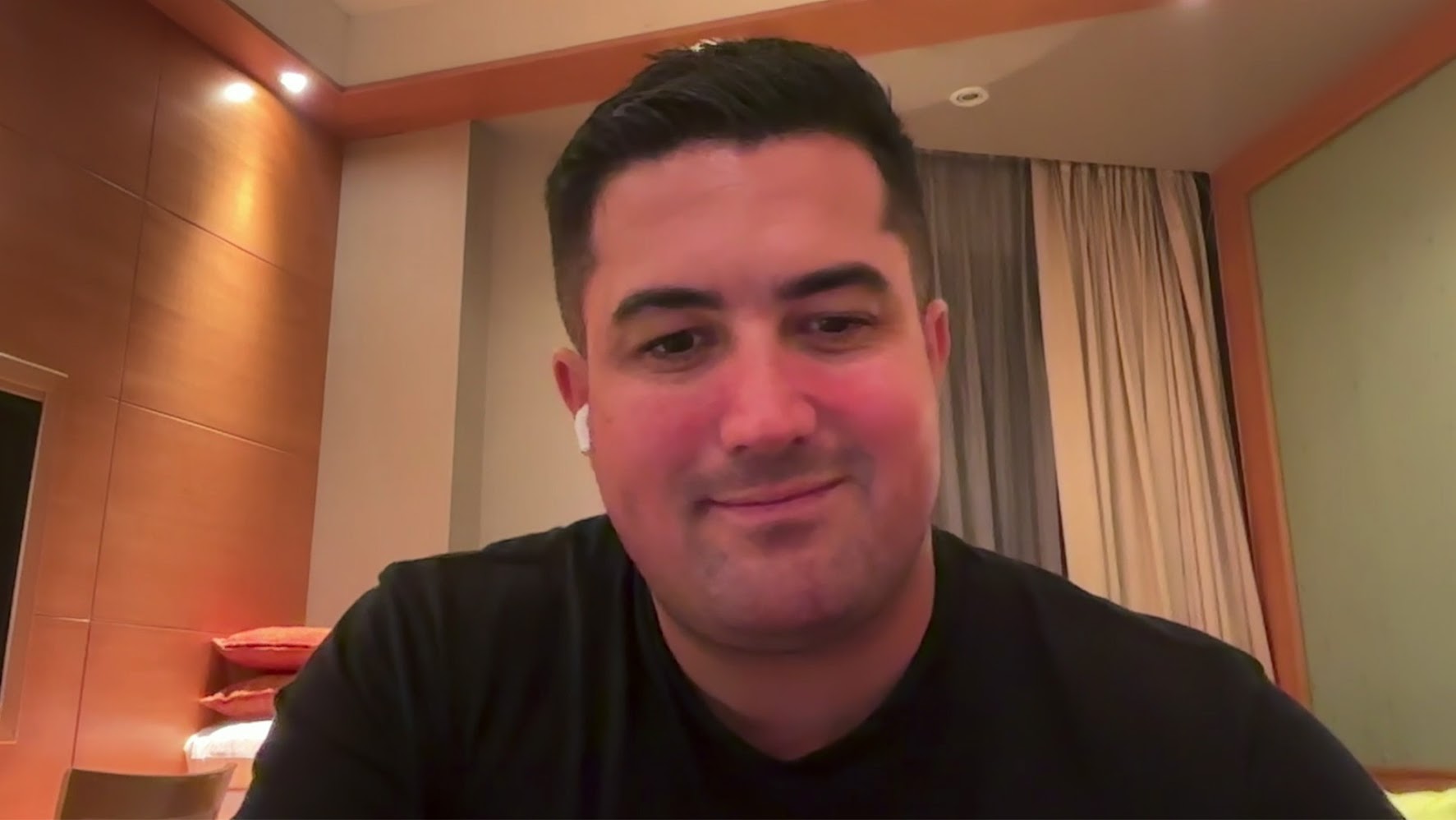 CLOUD
CLOUD
 CLOUD
CLOUD
 CLOUD
CLOUD
The surge in artificial intelligence is seeing a transformative shift with the advent of decentralized AI, spearheaded by innovative startups such as GaiaNet Inc.
“Within centralized AI infrastructure there’s a lot of vendor lock-in, there’s censorship, there’s misaligned economics,” said Matt Wright (pictured), co-founder and chief executive officer of GaiaNet. “We’re basically enabling folks to take a system, package in their own data, run their own AI model and decide to monetize services on top of that. We’re taking the best of open source and the power of Web3 and open sourcing developer tooling for building your own AI agent.”
Wright spoke with theCUBE Research’s Paul Gillin at the Supercloud 7: Get Ready for the Next Data Platform event, during an exclusive broadcast on theCUBE, SiliconANGLE Media’s livestreaming studio. They discussed how GaiaNet provides an alternative platform for model inferencing and the development of decentralized AI.
In May, GaiaNet announced that it had received $10 million in funding for its decentralized AI tech model. The startup company is seeking to appeal to business sectors that may be reluctant to build AI infrastructure without being able to control distribution of critical data.
“Within a bank or a large financial services company, if they’re looking to build out their own AI or leverage something like OpenAI, there’s this risk of contributing data into a more centralized ecosystem,” Wright explained. “We’re enabling any company to become an AI company. You can take our open-source software and plug it in your vectorized embedding and essentially run your own agent, whereas a lot of other approaches are more about having you work within their system, within their platform.”
GaiaNet is leveraging node-based blockchain technology as part of its protocol for users. The decentralized nature of blockchain was a key factor in the company’s decision to use it, according to Wright.
“We think that it’s vital that we have Web3 to validate that ecosystem and putting some sort of stake or collateral on behalf of that computation is very important,” he said. “In centralized models, a lot of the compute is put on a small group of people to decide how to share those costs. With Web3, you can actually have a network of participants that offload a lot of those costs or balance all those costs and share with the community.”
“You’re able to monetize or really own the IP of this data and this is a way for you to actually create businesses on top of this AI,” Wright noted. “Whether you’re an app developer or you’re a dev shop, or commercial enterprise, you can essentially build out use cases with our infrastructure and create ways to monetize for the end user who needs these kinds of insights or human-readable format of data.”
Wright has already seen the build-out of new use cases for GaiaNet’s decentralized AI development model. One involved a 20-year tenured professor at the University of California Berkeley who faced an interesting challenge when his PhD students wanted to collaborate with him on past curriculum and papers.
“He didn’t have the bandwidth to bring in a team of teaching assistants and so he wanted to start building that out through an autonomous agent,” Wright said. “With our infrastructure, with the dev tools that we have available and the large language models that, again, are open source, he’s been training his AI on his past curriculum. Now he’s got almost a digital twin of himself and since he owns the IP that he’s been creating…over time, what’s he’s looking to do is be able to monetize that.”
GaiaNet has also been aided by the plethora of open-source AI models that have streamed into the development arena over the past year. These include models contributed by Meta Platforms Inc. to the open-source community.
“Out of the gate, you have folks like Meta who are contributing Llama 3 … and without their contribution to open-source we wouldn’t be able to do what we’re doing,” Wright said. “We’re really bullish on opening up large language models, small language models, AI learnings with the community.”
Here’s the complete video interview, part of SiliconANGLE’s and theCUBE Research’s coverage of the Supercloud 7: Get Ready for the Next Data Platform event:
Support our mission to keep content open and free by engaging with theCUBE community. Join theCUBE’s Alumni Trust Network, where technology leaders connect, share intelligence and create opportunities.
Founded by tech visionaries John Furrier and Dave Vellante, SiliconANGLE Media has built a dynamic ecosystem of industry-leading digital media brands that reach 15+ million elite tech professionals. Our new proprietary theCUBE AI Video Cloud is breaking ground in audience interaction, leveraging theCUBEai.com neural network to help technology companies make data-driven decisions and stay at the forefront of industry conversations.